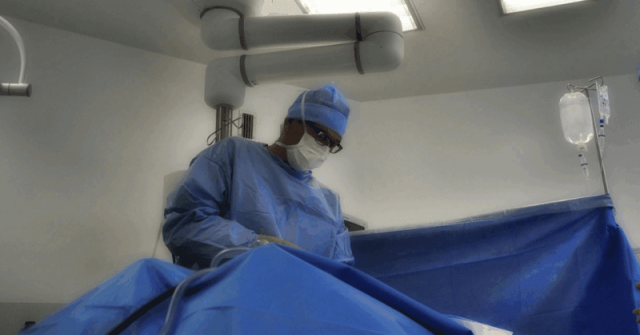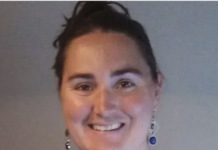Surgeon Advocates for Clarity, Mentorship, and Ethical Care in a Rapidly Changing Field
(Isstories Editorial):- London, United Kingdom Jun 16, 2025 (Issuewire.com) – Organ procurement surgeon Dr. Andrej Grajn is raising awareness about the growing need to refocus healthcare–especially surgery–on clarity, ethics, and human connection, rather than speed or technology alone. Drawing from over two decades of experience, including humanitarian work in crisis zones, Dr. Grajn is advocating for a mindset shift in both medical training and public perception.
More on Isstories:
- Burj2Burj 2026 Confirms Its Place as Dubai’s Iconic Half-Marathon
- Valentine’s Day Style Guide: How to Choose the Right Wig from Isee Hair
- What Is a Good Offline Puzzle Game for Mobile? — Sudoku – Classic Sudoku Puzzle
- A Legacy of Excellence: How CHENPIN’s Certified High Quality Food Machine Solution Global Standards
- HBMHCW Aligns with SEC Tokenized Securities Guidance and MiCA Licensing Standards
“We talk so much about innovation, but often overlook the basics,” says Dr. Grajn. “In medicine, doing more with less–especially under pressure–teaches you what really matters: clear thinking, steady hands, and strong ethics.”
Dr. Grajn’s call to action follows years of witnessing the effects of rushed decisions and overreliance on tools. In one case, he performed surgery by flashlight during a power outage in a conflict zone. “That moment reminded me: it’s not about the equipment–it’s about preparation and presence.”
The Problem: Fast Isn’t Always Better
A recent study in BMJ Open revealed that preventable errors are among the leading causes of death in healthcare systems worldwide. According to the World Health Organization, unsafe care causes an estimated 2.6 million deaths annually in low- and middle-income countries alone.
Dr. Grajn believes part of the problem stems from pressure to move quickly, both in clinical decisions and in professional development.
“Speed has replaced clarity,” he says. “But real precision comes from slowing down, focusing, and not being afraid to pause.”
Mentorship and Mental Clarity
Now based in London, Dr. Grajn trains new surgeons in organ procurement–a high-stakes specialty where seconds matter. But he emphasizes presence over pace.
“When a trainee is overwhelmed, I tell them: go back to what you can see and know. Don’t chase speed–chase clarity. That’s what saves lives.”
He also encourages others in the medical field to adopt small personal habits to stay mentally sharp. His tool of choice? A simple notebook.
“I carry it everywhere,” he says. “I write down distractions and thoughts so they don’t cloud my mind. It’s a quiet way to create focus.”
A Call for Reflection, Not Just Reform
While many advocate for systemic changes in medicine, Dr. Grajn believes change starts on a personal level.
“Technology will keep advancing, and that’s good. AI can help with matching organs, predicting outcomes–it’s powerful,” he says. “But we still need judgment, humility, and ethics. A computer can’t replace human responsibility.”
His advice isn’t just for surgeons. It’s for anyone in a high-pressure role or fast-paced environment:
- Write things down to clear your mind
- Revisit the basics regularly
- Pause when necessary–clarity beats speed
- Stand firm on values, even when it’s unpopular
What You Can Do
Dr. Grajn is not asking for donations, subscriptions, or headlines. Instead, he asks people–especially those in healthcare, leadership, or education–to reflect.
“You don’t need to be a surgeon to slow down and reset your focus,” he says. “Put the phone away. Go for a walk. Ask yourself what matters most. In the end, those moments are what shape your decisions.”
About Dr. Andrej Grajn
Andrej Grajn is an organ procurement surgeon currently based in London. Originally from the former Yugoslavia, he earned his medical degree in Slovenia in 2005 and has worked across Europe, the Middle East, and Africa. He is known for his surgical skill, mentorship, and strong advocacy for ethical, clear-minded medical practice in high-stress environments.
This article was originally published by IssueWire. Read the original article here.





















